Abstract: This presentation combines insights from Lacan’s 1961-1962 seminar on anxiety with recent (feminist, queer, and affect theoretical) accounts of neoliberalism to analyze the contemporary Western phenomenon of pervasive anxiety. In his commentary on anxiety, Lacan repeatedly (and humorously) refers to the straight male subject’s sexual anxiety in the face of his female partner’s seemingly infinite capacity for jouissance: the fact that the phallus always falls short of the phallocentric ideal, faltering at the very moment of delivery. Keeping in mind that for Lacan the phallus is ultimately a signifier without a real-life referent––so that women can also aspire to phallic mastery––Lacan’s depiction of “premature detumenescence” seems like an apt metaphor for the predicament of the neoliberal subject whose hunger for self-actualization, accomplishment, and satisfaction (the good life) tends to exceed its capacities, with the result that anxiety is, for many, the status quo of everyday life in today’s society. What are the cultural forces that produce this predicament? Why is it so difficult to get out of? Are there any antidotes to it? And might anxiety even have something to offer even as it derails our quest for a balanced life?
Bio: Mari Ruti is professor of critical theory at the University of Toronto. She is the author of ten books, most recently Between Levinas and Lacan: Self, Other, Ethics (Bloomsbury Press, 2015) and The Ethics of Opting Out: Defiance and Affect in Queer Theory (Columbia University Press, forthcoming 2016).